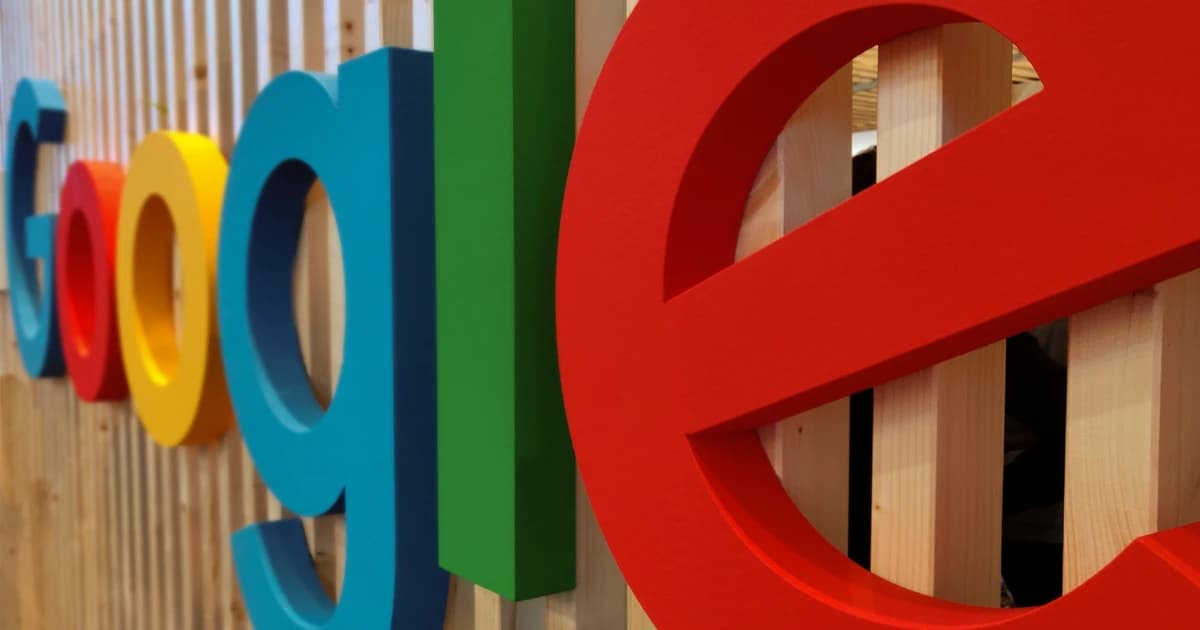ONLINE MARKETING
tCPA and tROAS will be discontinued: What does this mean for your Google Ads account?
01.09.2022

In March 2021, Google announced that two of its oldest automated bidding strategies, Target CPA (Target CPA) and Target ROAS (Target ROAS) would no longer be continued. In doing so, the designation "...will be discontinued..." then generally assumed that they were no longer available. This is not true! tCPA and tROAS are and will continue to be available, just more not as a primary bid strategy. Instead, they will be options within the Max Conversions and Max Conversion Value strategies.

As with other updates Google has released, it will be a gradual change. However, unlike other changes released this year, there is not much to do here. It is just a restructuring of the existing features. But it can't hurt to play it safe and be proactive. In this post I will on the one hand:
- Provide an overview of tCPA and tROAS and what changes can really be expected now
- What are the implications for Shopstory customers
What are tCPA and tROAS?
First, let's quickly refresh our knowledge of the tCPA and tROAS functionalities. These two automated bidding strategies use machine learning to optimize one's bids based on a self-defined goal: an ideal target cost-per-acquisition or return-on-ad-spend. With these strategies, you're essentially saying, "Okay, Google, take my budget and bid whatever you need to bid to get me the most conversions at the lowest cost or highest percentage return possible."

This is beneficial if you're trying to get the most bang for your buck on cost per conversion, or if you've set up an ecommerce account with revenue tracking for a strong focus on ROI.
Basically, there were two challenges with automated bidding strategies:
1. ongoing monitoring necessary: To get the most out of automated strategies, you need to help Google's algorithms
2. historical data necessary: Without past data, it becomes difficult for Google to know what can and cannot work.
Here, however, there has always been the advantage of Shopstory, because the personal eCommerce assistant takes over the monitoring for you and helps you with recommendations to train the Google algorithm faster by adding new keywords or excluding existing ones - all this at the push of a button.
What are the alternatives to tCPA and tROAS?
As mentioned earlier, this change will be gradual with several months notice. So you will still see tCPA and tROAS in the primary list of bidding options and Shopstory will not change strategies for the time being either.
However, in the future, the strategies for Maximize Conversions and MaximizeConversion Value will also have the additional option for Target CPAs and Target ROAS.
What does that mean for you as a Shopstory customer?
You benefit twice from this strategy, as the new bidding strategies also work more easily with lower advertising budgets, but are still set so granularly on their own with Shopstory that you can get the most out of each campaign and ad group.
By expanding the existing portfolio CPC, you will hardly have to worry about your bidding strategies in the future, because Shopstory can now intervene for you immediately with three different means.
More to Explore
Discover more insights from our latest articles
© 2025, Shopstory









